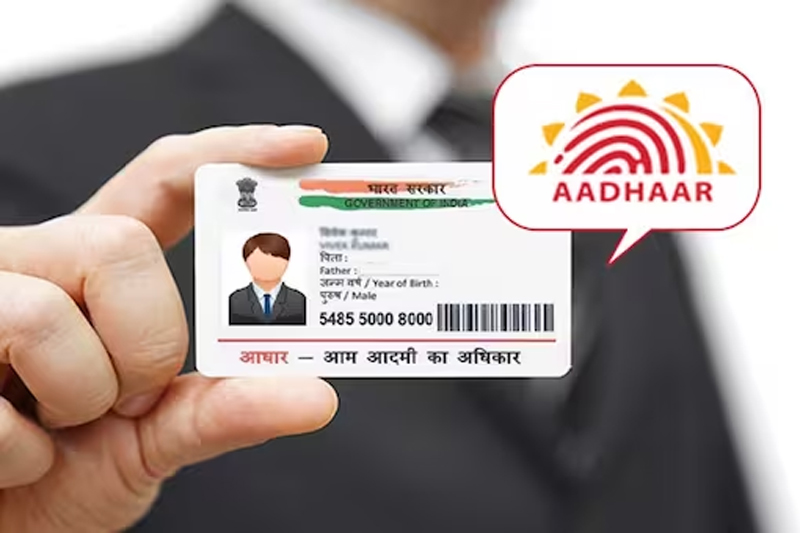The Chief Secretary of Jammu and Kashmir chaired a meeting of the Unique Identification Implementation Committee at the Civil Secretariat. According to the presented data, over 90 percent of the population in the UT of Jammu and Kashmir has been covered by Aadhaar. However, there are concerns about lagging behind the national average in the 0-5-year-old age group.
Aadhaar is India’s centralised biometric identification system designed to simplify citizens’ access to Government services and schemes. Instead of presenting multiple documents for identity verification, individuals can use their unique Aadhaar number and biometric data, which helps prevent fake identities and minimise fraudulent activities. By streamlining processes like opening bank accounts or obtaining mobile phone SIM cards, Aadhaar saves time and reduces paperwork for both individuals and businesses. Its use has significantly enhanced efficiency and security in various transactions and services throughout the country. Aadhaar has become an integral part of the identity of any Indian citizen, and its widespread usage and acceptance are a matter of pride for the nation. The Jammu and Kashmir administration’s dedication to implementing Digital Jammu and Kashmir, aiming for paperless offices and online service delivery, is laudable. Aadhaar plays a vital role in this digitization process, as it forms the basis for various online services and acts as a unique identifier for citizens. Indeed, most online portals require a mobile number linked to the Aadhaar number for registration and verification, showcasing the interconnectedness of the Aadhaar with the digital infrastructure.
As Aadhaar continues to play a crucial role in various Government initiatives and digital services, ensuring its secure and ethical usage remains of utmost importance. Rigorous awareness campaigns, secure verification processes, and continuous monitoring are essential to maintaining the trust and reliability of the Aadhaar system. The concern about certain foreign nationals obtaining Aadhaar for potential misuse raises valid national security issues. To ensure the integrity of the Aadhaar system, measures should be in place to prevent such unauthorised registrations and maintain the database’s accuracy. In the past, new registrations were suspended in Jammu and Kashmir for re-verification, demonstrating the administration’s commitment to ensuring the credibility of Aadhaar data.
Aadhaar authentication has become crucial for ensuring good governance, especially in the areas of social welfare, innovation, and knowledge, and has become integral to several Government schemes, such as scholarships, loans, college admissions, and various other Direct Benefit Transfer programmes. Its use enhances the efficiency and transparency of service delivery and prevents the leakage of benefits. It is commendable that there are more than twelve hundred permanent and mobile Aadhaar registration centres in Jammu and Kashmir, aiming for 100 percent registration through a rigorous campaign. Achieving this target will require the active participation of the public, and individuals need to understand the importance of Aadhaar and help those who haven’t registered yet. The Government is rightly encouraging all individuals who are still without Aadhaar registration to respond to this initiative and get registered.
This is especially important for parents of children in the 0-5 age group, as ensuring Aadhaar registration for them would help in establishing identity and access to various Government benefits and services for their child. The administration’s plan to conduct Mandatory Biometric Updates for all school-going children is a proactive step to maintain accurate and up-to-date Aadhaar records.
The Government’s efforts to promote Aadhaar registration and authentication are aimed at streamlining governance and ensuring that the benefits of various schemes reach the intended beneficiaries efficiently. People must respond positively to these initiatives and get registered to take advantage of the benefits and services offered by the Government. By doing so, they contribute to building a more inclusive and efficient governance system.
Trending Now
E-Paper


